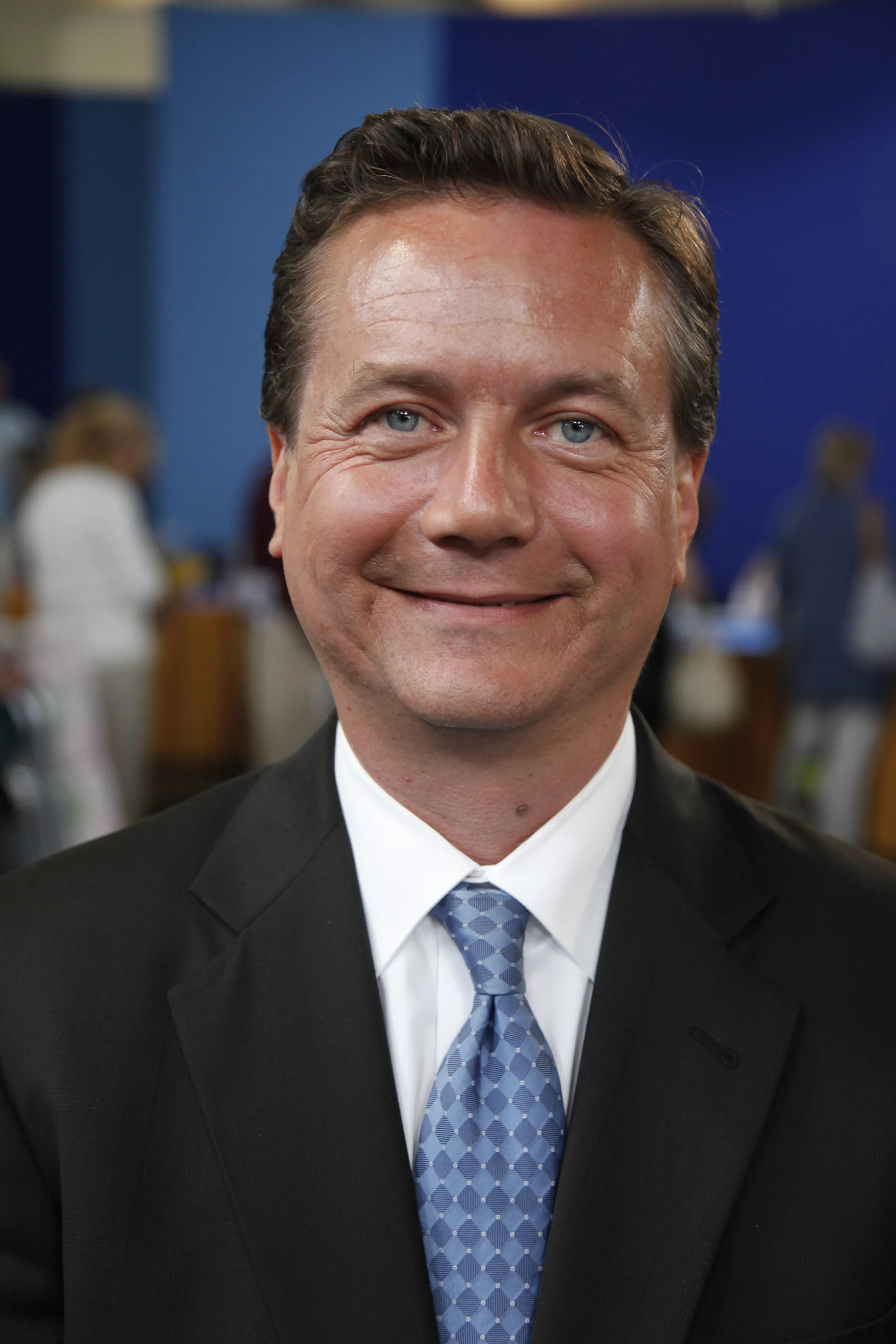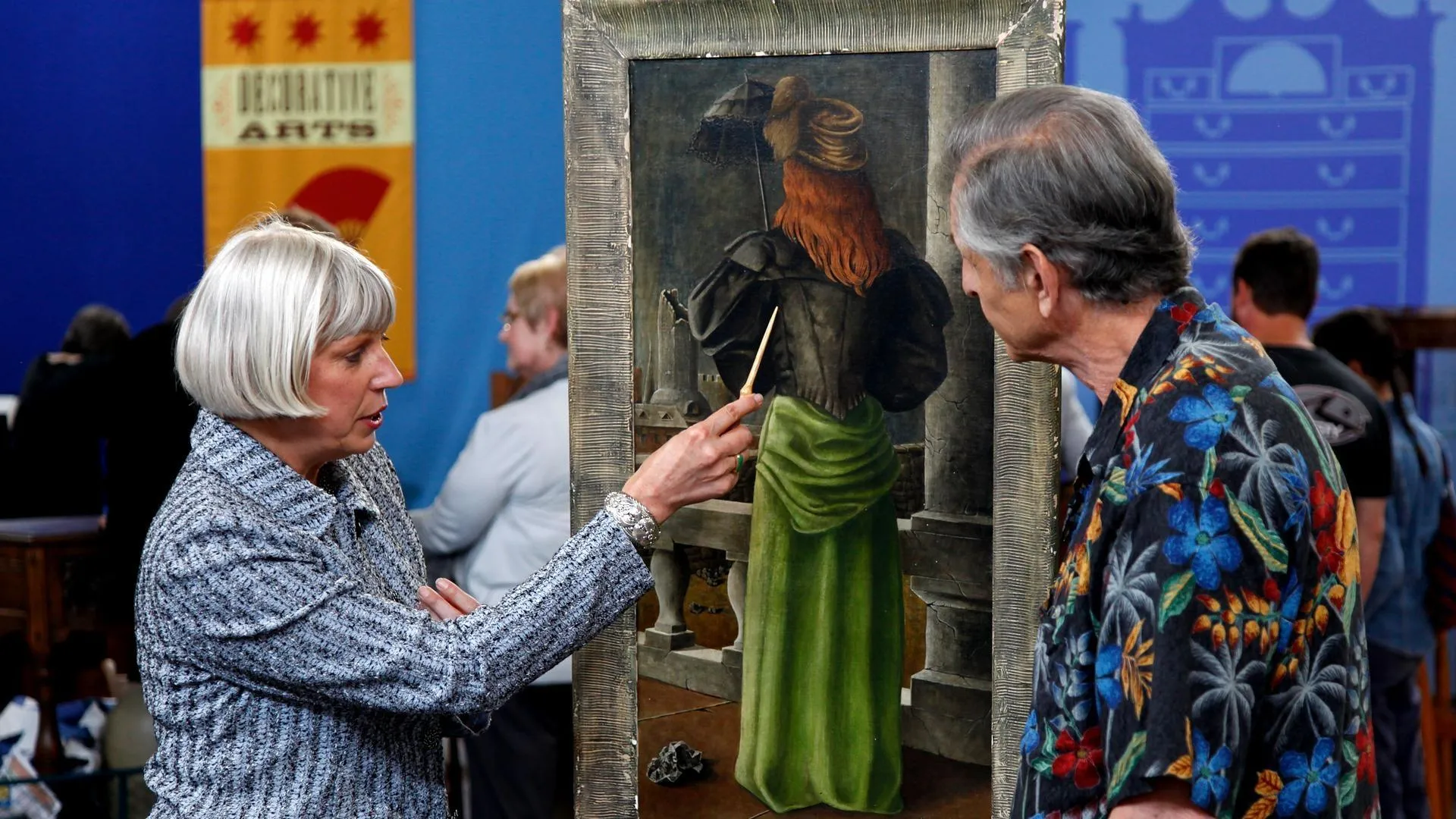GUEST: My great-grandfather went to West Point, and he graduated in the class of 1861, which was the beginning of the Civil War, and so, part of his class went to the North, and part of it went to the South.
APPRAISER: The Class of 1861 was probably one of the most famous of classes to ever graduate at West Point because of the schism, and many of the generals and lieutenants that served on both sides of the conflict came out of that class. What you've got for us today is fascinating, because it's really an archive about your great-grandfather's time at West Point. It also, to some extent, tells something of a historical story. Your great grandfather was Eugene Carter, is that correct?
GUEST: That's correct.
APPRAISER: The letters you have here are from Eugene Carter while he was at West Point.
GUEST: Right.
APPRAISER: And it's a fascinating trove of material, dating, we believe, earliest letters are about 1857 through 1860.
GUEST: Yes.
APPRAISER: Over 100 letters written back to the family describing the experience of being at West Point and their interactions with other members of the academy. Now you also have the appointment that was given to your great-grandfather and signed by Abraham Lincoln, countersigned by Edwin Stanton. The class of 1861 actually graduated in two groups. There was a group in May, and a group in June, where your great-grandfather graduated. There were 34 people in the second class. Among those was General Custer. And this book is, I think, is the pièce de résistance of your collection. It's the class book, 1861, of West Point, and it includes a series of photographs of, first of all, the professors at the college, and their description, and as annotated by your great-grandfather as to what happened to them. This one says, "Killed at Gettysburg". We have a picture of your great-grandfather, Carter, and his description.
GUEST: Does he look like me?
APPRAISER: He looks a little bit like you. I think there's a great resemblance. But also quite fascinatingly, we have a picture of General George Armstrong Custer in his graduating clothes. It also has a brief description of his exploits after the war. This book is really fascinating because it shows Custer in his West Point outfit at the beginning of the conflict. It's a very rare portrait. Have you ever had any of this material appraised or examined by scholars?
GUEST: No.
APPRAISER: This piece... the signed appointments we see quite frequently by Lincoln. They generally sell between $5,000 and $7,000 at auction. Because of the appointment, it might be a little bit more like $6,000 to $8,000. This group of letters, the content of which gives us background on West Point, but is not necessarily written by a famous person in itself, maybe more, at auction, $2,000 to $3,000 on its own. This book however, because it exists in only about 50 copies, for graduates of the class, and having the original picture of Custer and other of the graduates of West Point, would probably have an auction estimate of between $8,000 and $12,000.
GUEST: Oh, wow!
APPRAISER: So as a group, as an auction estimate, $16,000 to $23,000. I would suggest you consider an insurance valuation on the package of $40,000.
GUEST: (gasps)
APPRAISER: It's a wonderful evocation here in the 150th anniversary year, and I'm thrilled to bring it to the Roadshow
GUEST: Yes.
APPRAISER: and thank you so much for coming in today.
GUEST: Oh, well, that's a shock.
APPRAISER: Glad to hear it.
GUEST: Thank you very much. I'm glad to hear it, too. This is where I'm fainting. I had no idea you would say that.
APPRAISER: Yeah.



